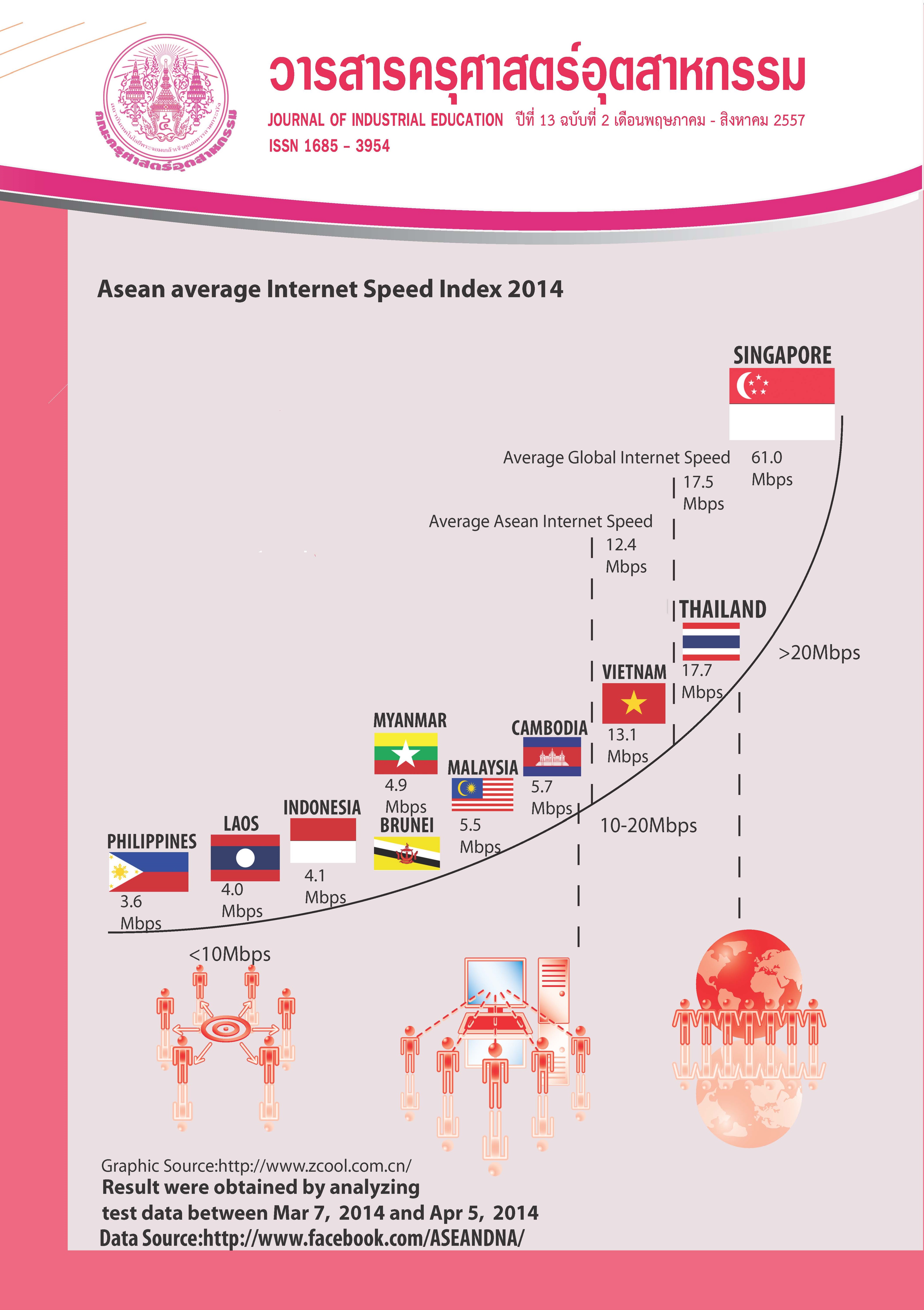The Minority Group Management Strategy In Local Development for the Sustainable Human Security : A Case Study Of the Burmese Labor Group In the Upper Southern Province Of Thailand 2013, AD.
Keywords:
Strategic, Minority Group Management, Local Development, The Sustainable Human Security, Burmese Labor GroupsAbstract
The objectives of this research are 1) To study the minority group management strategy in local development for the sustainable of human security : A case study of the burmese labor groups in the upper southern provinces of Thailand 2) To study Leadership in local development for the sustainable of human security in the upper southern provinces of Thailand (Chumporn, Ranong, and Pang Nga provinces). 3) To present a Model of the minority group management strategy in local development for the Sustainable of Human Security in the upper southern Provinces of Thailand (Chumporn, Ranong, Pang-Nga Provinces). This study employed a Qualitative research from in-depth interviews of 41 people. The Quantitative research used a meticulous questionnaire sampling from 450 people.
1) The Minority group management strategy in local development for the sustainable of human Security : A case study of the Burmese Labor Groups in the upper southern provinces of Thailand (Chumporn, Ranong, Pang-Nga) was the main point of the labor group management which focused on the Nation State Security by using a system that controlled illegal labor groups who entered Thailand. This Lead to complicated regulations and led to the increase of the illegal invaders and human trafficking.
2) In terms of Human security leadership, to achieve the goal, the research found that trust was a must to be created in order to get strong beliefs and acceptance among members to their leader.
3) The Model of human security leadership research was done by using management strategies from the Burmese labor groups in the upper southern provinces for the sustainable development in local areas. From the past to the present the model should move from “The Superior-Inferior, Unfriendly Racial Relationship” To “The More Humane Equitable Mutual Livelihood”
References
[2] Kavin Bank. 2006. The impact of Globalization on Labor Standards A second look of evidence in Globalization and the future of labor law. New York: Cambridge University Press
[3] สุพัตตรา ธิมาคำ และบงกชมาศ เอกเอี่ยม. 2554. แนวคิดและแนวทางการบริหารจัดการแรงงานข้ามชาติพม่า : บทบาทภาครัฐและภาคประชาสังคมในระดับท้องถิ่นกับการบริหารจัดการอย่างเป็นธรรม. เอกสารการประชุมวิชาการ, มหาวิทยาลัยขอนแก่น (เอกสารอัดสำเนา)
[4] Yamane Taro. 1970. Statistic : An Introductory Analysis. Tokyo. Harper International Edition พระจอมเกล้าเจ้าคุณทหารลาดกระบัง
[5] กฤตยา อาชวนิจกุล. 2548. ชนกลุ่มน้อยที่ได้รับสถานะให้อยู่อาศัยในประเทศไทย. วารสารดำรงราชานุภาพ. 15(16), 110-118
[6] กฤตยา อาชวนิจกุลและกุลภา วจนะสาร. 2551. รายงานการวิจัยการจ้างแรงงานข้ามชาติตามพระราชบัญญัติการทำงานของคนต่างด้าว พ.ศ 2551. สถาบันวิจัยประชากรและสังคม มหาวิทยาลัยมหิดล. (เอกสารอัดสำเนา).
[7] หัสยา ไทยานนท์. 2555. ประชาคมอาเซียน 2558 : อนาคตและการปรับกระบวนทัศน์ประเทศไทย. พิมพ์ครั้งที่ 1. กรุงเทพฯ. ศูนย์ศึกษายุทธศาสตร์ สถาบันวิชาการป้องกันประเทศ กองบัญชาการกองทัพไทย.
[8] ภัคพงศ์ ปวงสุข. 2553. ความเข้าใจเกี่ยวกับหลักเศรษฐกิจพอเพียงของประชาชน จังหวัดอำนาจเจริญ. วารสารครุศาสตร์อุตสาหกรรม. 9(2), น. 39
Downloads
Published
How to Cite
Issue
Section
License
"The opinions and contents including the words in papers are responsibility by the authors."
"ข้อคิดเห็น เนื้อหา รวมทั้งการใช้ภาษาในบทความถือเป็นความรับผิดชอบของผู้เขียน"



